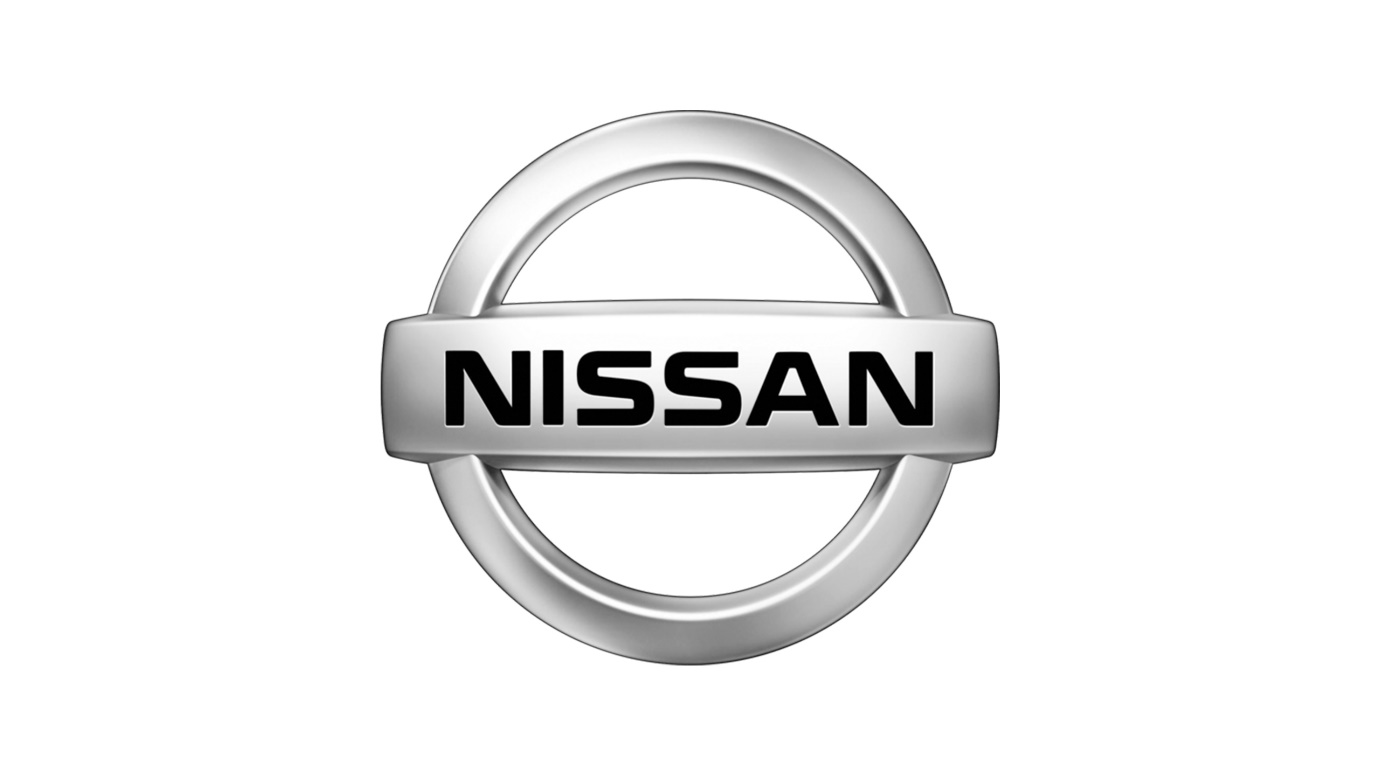
Why Skills-First Leadership Is Replacing the Ivy League Playbook in the C-Suite
The old prestige pyramid—where Ivy League degrees and blue-chip consulting backgrounds paved the way to the CEO seat—is cracking.

February 10, 2022: On Tuesday, the chief operating officer of Nissan explained that his company has decided to move away from the development of new internal combustion engines in Europe once a stricter set of emissions standards, known as Euro 7, come into force.
During an interview with CNBC, Gupta made some of the reasons behind the planned shift, a subject he has addressed several times in the past.
A key reason behind the decision, the reporter said, related to how competitive ICE cars would be after the introduction of Euro 7, given that new technology would have to be used for these vehicles to comply with regulations. One more factor to consider was whether customers would be willing to pay for the cost of such tech.
According to Brussels-headquartered campaign group Transport & Environment, it is expecting that Euro 7 standards will be implemented in 2025. From Gupta’s comments, it would appear Nissan made its mind upon how the market will develop, and European consumers will behave going forward.
“If the total cost of ownership of battery-electric cars at Euro 7 is less than the total cost of ownership for the ICE cars,” he said, ”definitely, customers will go for battery cars. So that’s why we’ve decided not to develop ICE engines, starting Euro 7, for Europe.”
Gupta was also keen to stress that the decision related to developing new ICE engines rather than those already in the market.
Nissan, he explained, believed customers would have to pay “much more” for an ICE car than an electrified one at the time of Euro 7′s introduction. “It’s not us who is deciding, and it’s customers who will say that the electric car has more value than an ICE car.”
Away from Europe, he said the Japanese automotive giant would “continue to do ICE engines as far as it makes sense for the customer and the business.”
In the previous November, Nissan said it would invest 2 trillion Japanese yen ($17.3 billion) in the next five years to speed up the electrification of its product line.
The company said it would target to roll out 23 new electrified models by 2030, 15 fully electric. It targets a 50% electrification mix for its Nissan and Infiniti brands by the end of the decade.

The old prestige pyramid—where Ivy League degrees and blue-chip consulting backgrounds paved the way to the CEO seat—is cracking.

Loud leaders once ruled the boardroom. Charisma was currency. Big talk drove big valuations.

But the CEOs who make history in downturns aren’t the ones with the deepest cuts

Companies invest millions in leadership development, yet many of their best executives leave within a few years. Why?

The most successful business leaders don’t just identify gaps in the market; they anticipate future needs before anyone else.

With technological advancements, shifting consumer expectations, and global interconnectedness, the role of business leaders

The Fort McMurray First Nation Group of Companies is the wholly owned business entity of Fort McMurray 468 First Nation. It was established in 1987 as Christina River Enterprises, and the organization rebranded as FMFN Group in 2021. Providing Construction, Custodial, Petro-Canada Fuel & Convenience Store, and Transportation services to a broad portfolio of customers, the Group of Companies is creating financial stability and prosperity for the Nation.

Maushum Basu is a visionary leader who inspires his team with a clear, compelling purpose. Unafraid to take calculated risks, he understands that growth often stems from change and innovation. His deep commitment to both Airia Brands, Inc.

When speaking with Martin Paquette, one thing is immediately apparent: he’s honest. His transparency is refreshing. While many shy away from such vulnerability, Paquette sees it as a force to reckon with. The incredible emotional intelligence speaks to years of looking within—it’s also what allows him to acknowledge his mistakes gracefully and use them as opportunities to innovate.

Marina Charriere, CEO of Star Drug Testing Services, Star Drug Testing Services (Windsor Park), and First Defence Face Masks go hand in hand. Star is a drug and alcohol testing facility, and First D F M is a face mask company.


Leave us a message
Subscribe
Fill the form our team will contact you
Advertise with us
Fill the form our team will contact you